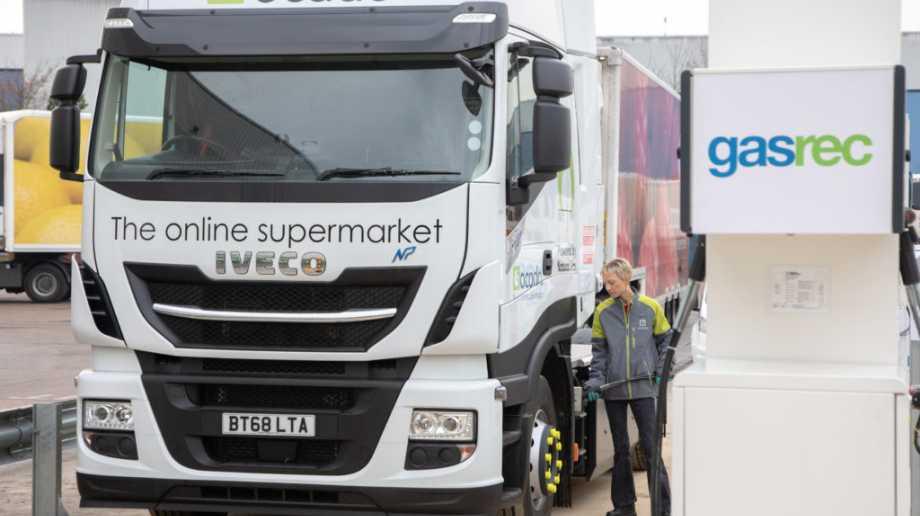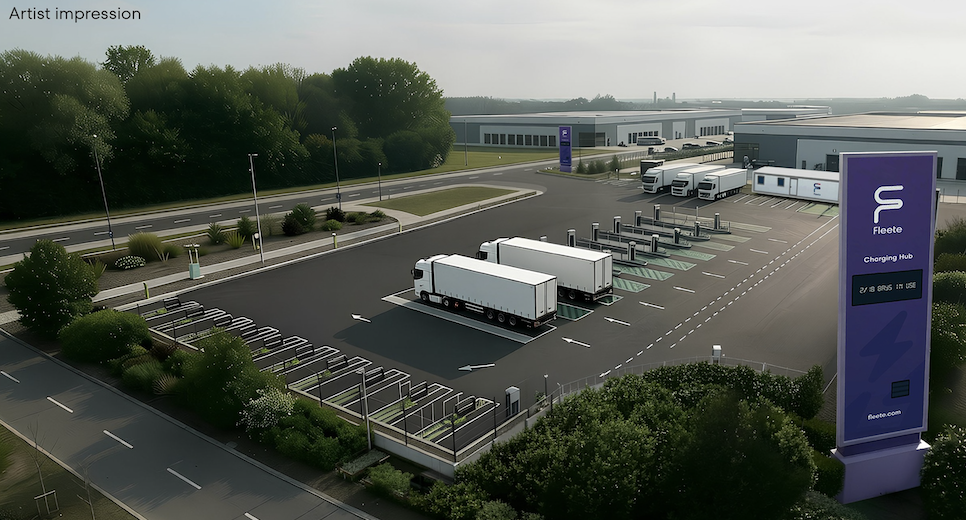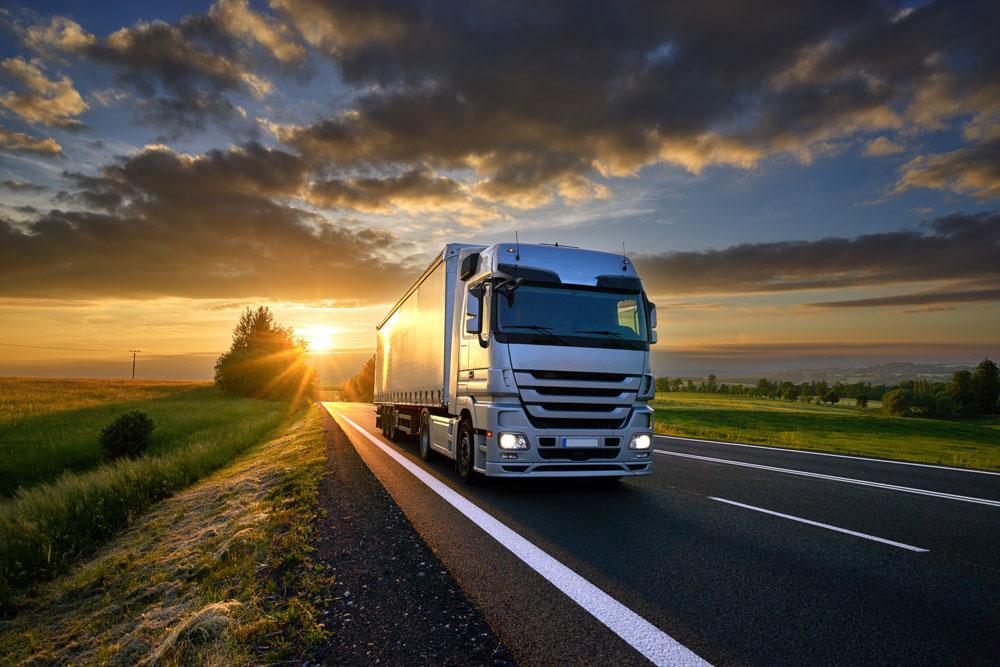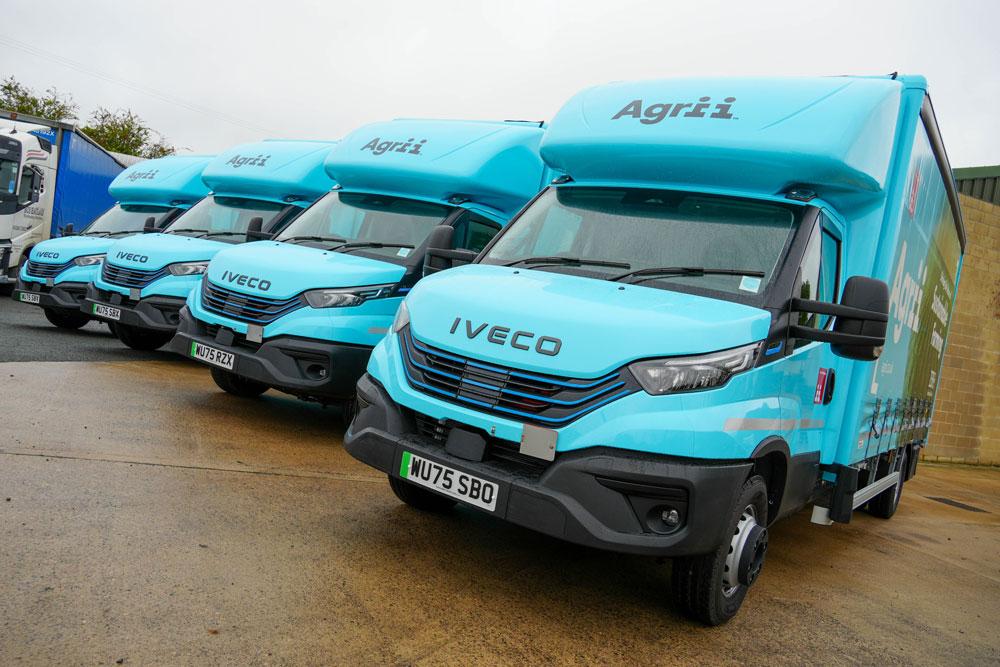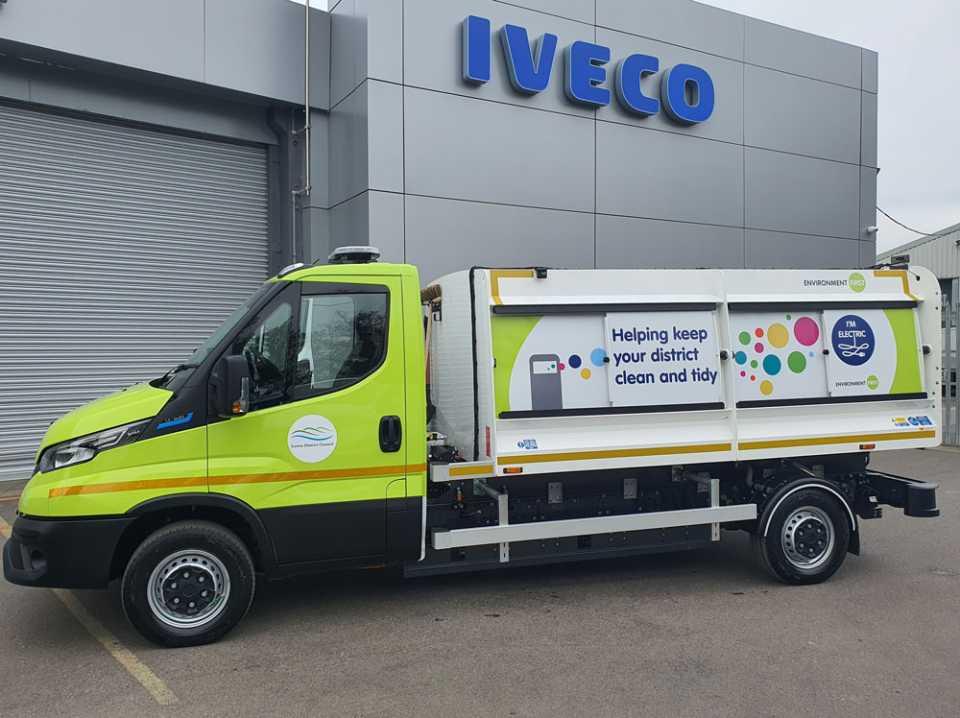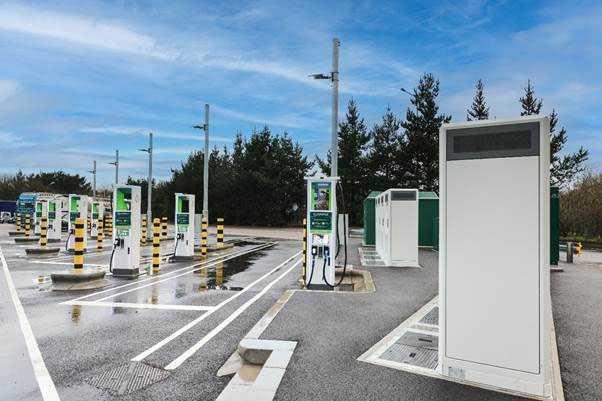Rebecca Kite, environmental policy manager at the Freight Transport Association (FTA) explores the options available for commercial-vehicle operators looking to adopt alternative fuels
With the government’s target to reduce tailpipe greenhouse gas emissions by 15% by 2025, many businesses have started to review their options to see which emission-reduction strategies will work for them. For example, online supermarket Ocado has opened its first natural gas refuelling station, as part of a £3 million investment package to reduce the CO2 emissions of its fleet by 29% annually. But for most businesses, changes will be on a smaller, more manageable scale. Rebecca Kite, Environmental Policy Manager at the Freight Transport Association (FTA), explores the options available for businesses looking to adopt alternative fuels.
Vans and Light Commercial Vehicles (LCVs)
Electric vehicles emit 50% less greenhouse gases than diesel, and as such, will be the fuel of choice for vans and LCVs in the foreseeable future. These vehicles are becoming increasingly popular across the board – one in every 12 new cars purchased in the UK is now electric – making them an essential tool in the fight to improve air quality and tackle climate change. But there are still several barriers to overcome before we can expect to see widespread adoption.
Firstly, there are only 13,000 public charging points available nationwide, representing a serious shortfall. While many operators will leave their vans at the depot to charge overnight, with limited opportunities for recharging there is the possibility that a vehicle’s battery will not be enough to carry out the required tasks. This range anxiety prevents many businesses switching to electric vehicles. Furthermore, the prolonged ‘down time’ required to recharge the battery may not be feasible. And while some van drivers may take the vehicles home, many will not have access to off road parking – again, making charging problematic. The back to depot charging model is also dependent on grid capacity, and many operators have already found themselves paying a heavy bill to upgrade the grid.
Secondly, electric vans are significantly more expensive to purchase than their standard fuel-based counterparts. But as these alternative vehicles increase in popularity, FTA expects to see the price come down. Additionally, there is much uncertainty over the life of the batteries and how they are disposed of once spent.
While many businesses may be attracted to dual-fuelled vehicles – perhaps as a bridge towards investment in fully electric motors – the difficulty comes in proving which fuel is being used while operating within a Clean Air Zone (CAZ). CAZs impose a charge on any vehicle entering an applicable city which does not meet the highest environmental standards, including heavy goods vehicles (HGVs) and vans, and will apply to multiple cities across the UK. To check whether a vehicle is CAZ-compliant, local authorities will be using Automatic Number Plate Recognition (ANPR). This will measure the euro standard of the diesel or petrol engine and not take into consideration the alternative fuel being used. For example, if a driver had a diesel and compressed natural gas (CNG) dual fuel vehicle, they would not be able to prove that the vehicle is being driven in the CNG mode. Therefore, a driver would be judged by the diesel standard of the engine, which, if it was euro V, would not be compliant.
Heavier commercial vehicles
Electrically powered HGVs are slowly coming onto the market, but this option for operators is still in its infancy. As such, businesses are looking towards alternative gasses, including methane, biomethane and hydrogen, to fuel their fleets in a more sustainable fashion.
While FTA initially anticipated that methane gas could be a viable bridge technology – providing an option until electric was viable – it remains to be seen if this possible. The Low Carbon Vehicle Partnership (LowCVP) is currently carrying out tests on the latest generation of methane gas trucks to see if they are cleaner than euro VI diesel vehicles. The study is due to conclude in March this year; FTA is advising operators to wait until these results are available to decide the best way forward.
Hydrogen-powered vehicles, which generate zero emissions at the tailpipe, originally generated much interest from environmentally-minded businesses. But on closer inspection, the energy required to generate the hydrogen in the first place is too high to deliver any notable environmental benefit. As such, FTA therefore does not expect it to play a huge role in the future.
Finally, some larger businesses have had significant success with biomethane. For example, biomethane vehicles now represent 20% of Ocado’s HGV fleet, and, following impressive results, John Lewis Partnership plans to convert its 500-strong diesel delivery fleet to the gas by 2028. But while biomethane has provided a workable solution for these companies, it has involved a substantial amount of investment in vehicles and in their own refuelling infrastructure; this may not be feasible for smaller operators with more limited resources.
Low Emission Zones
With the introduction of Ultra Low Emission Zones, Zero Emission Zones, and CAZs across the UK, FTA is advising businesses to focus on complying with the standards required by these schemes: Euro VI for diesel and Euro IV for petrol, rather than placing too much emphasis on experimenting with alternative fuels. After all, moving a vehicle fleet over to an alternative fuel is not simply a case of buying new vehicles – the whole operation will need to be changed. Businesses should be aware that switching to alternative fuels does come with risks – it’s a relatively new field with a limited history to draw from – and as such, considerations such as vehicle reliability, the payback period and the resale value, are currently unknown.
FTA’s Logistics Emissions Reduction Scheme (LERS), a voluntary industry initiative to record, report and reduce transport emissions, is available free of charge to the whole industry. The scheme aggregates its member’s fuel usage and business activity data to establish a carbon footprint and has been successfully demonstrating industry’s ability to improve emissions on its own without further government regulation. LERS supports its members by providing guidance on carbon reducing measures, regular policy updates and valuable information on reducing fuel costs. Membership is free and open to all companies with at least one commercial vehicle. For more information, or to join the scheme, please visit http://lers.org.uk
Efficient logistics is vital to keep Britain trading, directly having an impact on more than seven million people employed in the making, selling and moving of goods. With Brexit, new technology and other disruptive forces driving change in the way goods move across borders and through the supply chain, logistics has never been more important to UK plc. A champion and challenger, FTA speaks to Government with one voice on behalf of the whole sector, with members from the road, rail, sea and air industries, as well as the buyers of freight services such as retailers and manufacturers.

